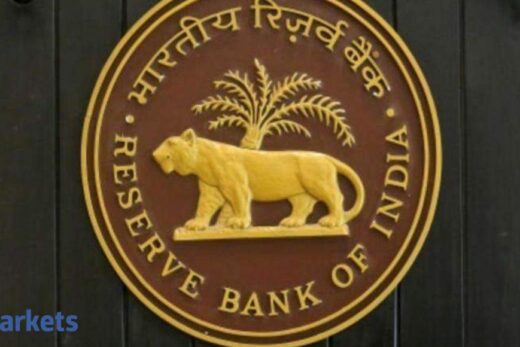Several banks and creditors are in favour of moving the National Company Law Appellate Tribunal (NCLAT). A final decision is expected by Monday, sources told ET. Bankers believe the case may set a precedent for corporate insolvency resolution.
Wadhawan’s one-time settlement offer to pay the entire principal amount was apparently more than the highest bid put by the Piramal group. The banks had rejected it due to multiple reasons related to governance and track record of the promoter. Voting now will mean ‘assessing’ the offer, figuring out Wadhawan’s source of funds, holding further talks, involving other financial creditors, and even giving him more time (if the court directs) to furnish additional information.

‘If Matter Goes to New Bench, it May Hear Case Afresh’
“All this could take time. Both the judges of the Mumbai NCLT bench (which gave the ruling) would be retiring next month. If the matter goes to a new bench, it would have to be heard afresh. Banks are probably weighing the odds with most in favour of appealing,” said an industry official.
NCLT has asked the administrator appointed by Reserve Bank of India (RBI) to place Wadhawan’s proposal — which was submitted on December 29, 2020 — before the committee of creditors for its consideration and inform the bench within 10 days. The matter will be heard on May 31.
Under the circumstances, some of the leading banks are in favour of approaching the NCLAT and obtaining a stay on the NCLT ruling. But they are also aware that this could be a time-consuming process as courts may not be functioning at full capacity due to the pandemic.
“There are two options which are available to the committee of creditors: either consider the proposal on merits and approve or reject it as the committee may deem fit; or, challenge the order before the hon’ble appellate authority. In my view considering the proposal on merit would mean narrowing down the scope for protracted litigation. This is a matter where the stakes are high and will have huge implications on various stakeholders and for these reasons the issue may go up to the highest court of the country. So, it is better that the issues are narrowed down in the very first instance,” said Ashish Pyasi, associate partner at the law firm Dhir and Dhir Associates. The firm is not connected to the ongoing DHFL proceedings.
Criminal Probe against promoter
In December 2019, the RBI had superseded the DHFL board, appointing R Subramanikumar as the administrator and filed for the initiation of the insolvency resolution process.
Among other reasons, banks rejected Wadhawan’s proposal (without putting it on vote) due to the ongoing criminal investigation against the promoter’s manner of conducting the affairs of DHFL. Also, they believed that the proposal was not in compliance with the requirements of an application under Section 12A of the Insolvency & Bankruptcy Code (IBC) which gives the debtor another chance to make good on the default.
However, invoking this section requires the consent of 90% of creditors and initiation by the original applicant (which in this case is RBI). “Contemplating any plan at the current stage may not only jeopardise the entire IBC process but also set a bad precedent,” said Ankita Singh, founder of boutique law firm Sarvaank Associates.
Section 12A of IBC
However, according to the NCLT bench, the present application is only a precursor to a possible Section 12A application — and, in case Wadhawan’s settlement proposal is accepted by the creditors’ committee with its requisite majority then a withdrawal application can be filed under Section 12A of the code by the banking regulator through the administrator.
A long legal tussle could impact multiple interests: Piramal’s bid would come under question, banks would sit on unrecovered loans, and the company’s valuation may suffer.
Of the ?87,000-odd crore debt, the company owes close to Rs 40,000 crore to banks. Catalyst Trusteeship, the debenture trustee for debenture holders of DHFL, has a 52.13 % voting share in the committee of creditors. “Some of the non-bank creditors may be tempted by the offer, but we have no confidence in Wadhawan’s application. It’s a matter of principle… this is a case that will set a precedent,” said a banker.



